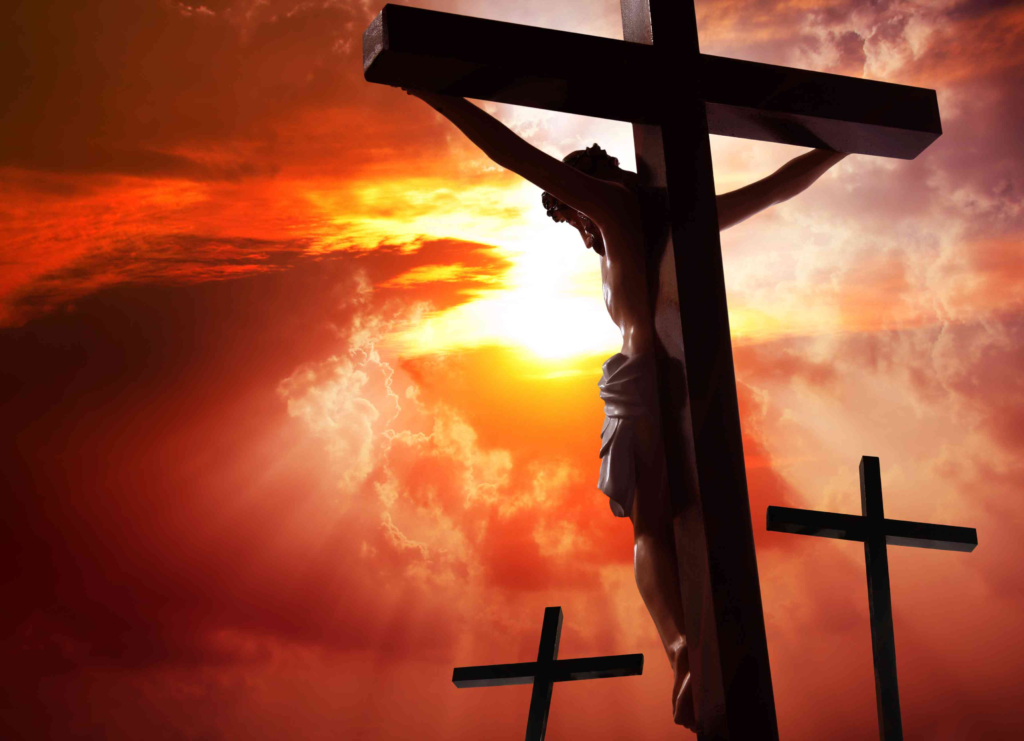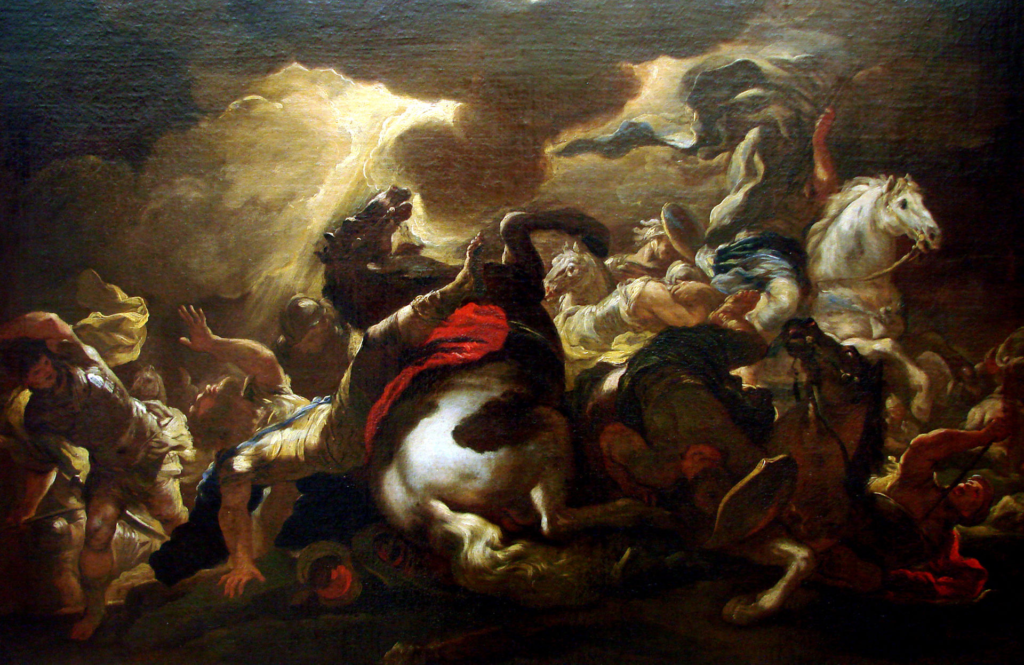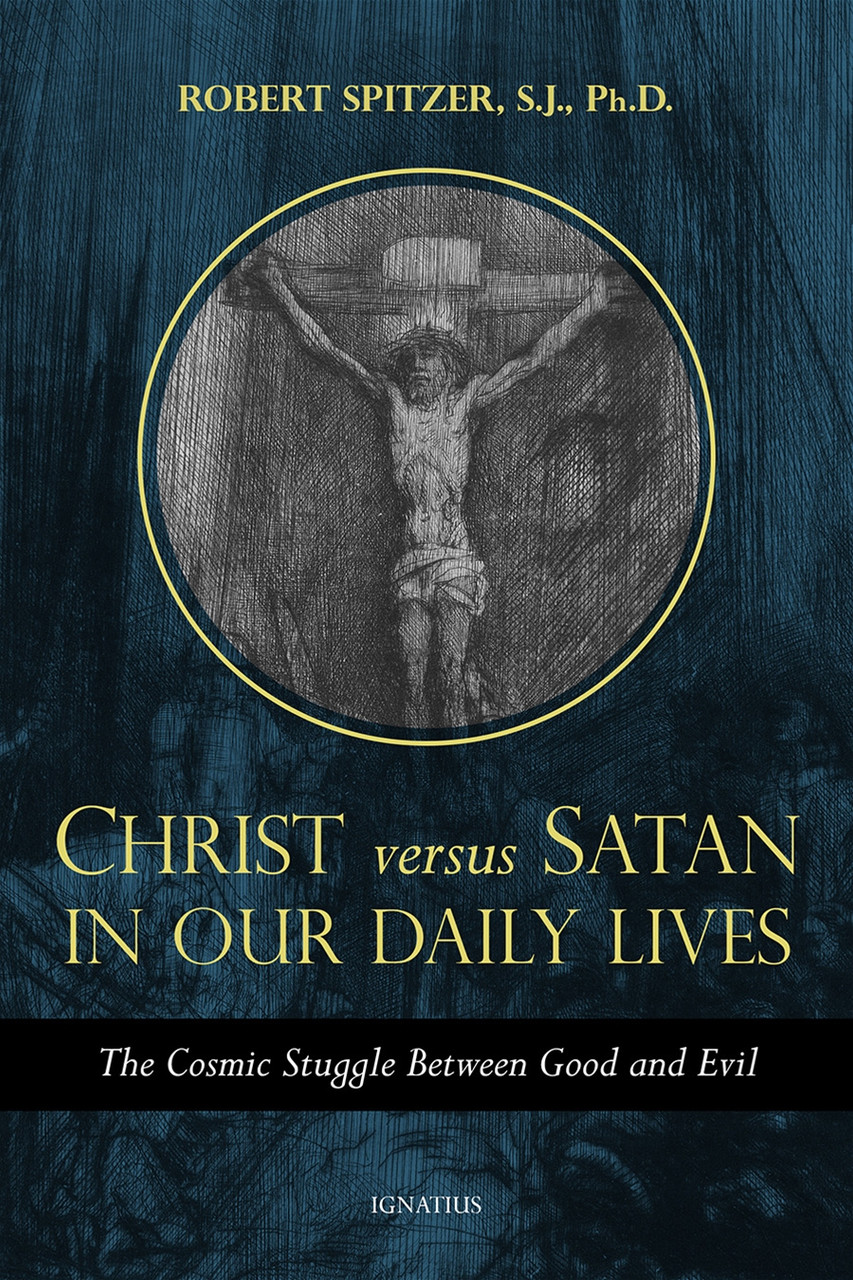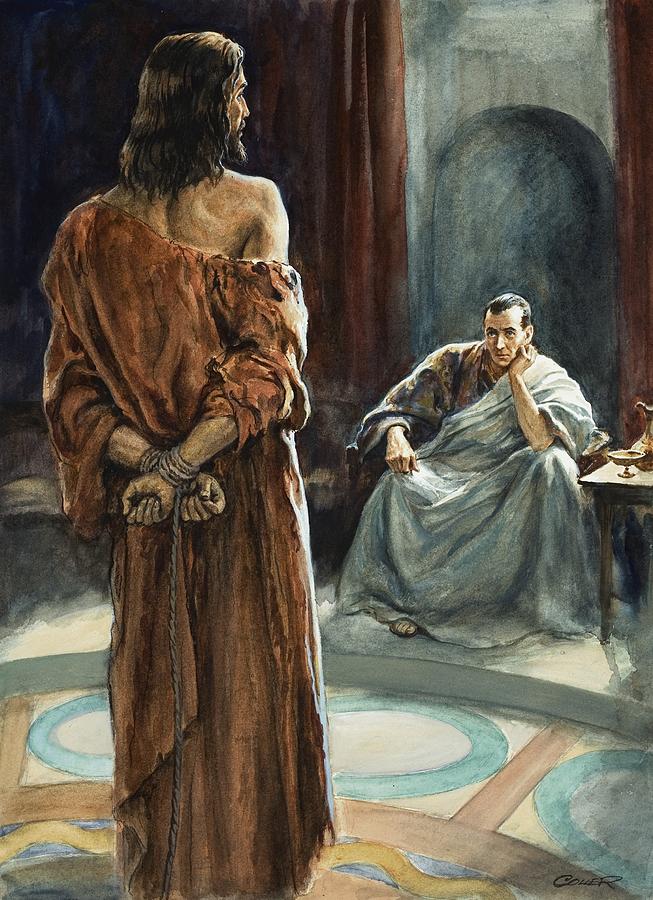Great Science Fiction
I recently completed reading all seven books of Isaac Asimov’s Foundation series. It is considered one of the pillars of science fiction winning a Hugo Award for “Best All-Time Series” in 1996. Great science fiction contains elements of truth and reveal universal aspects of human nature. And while the Foundation series takes place in the distant future across galaxies, many of its themes will resonate with readers.
One of the main themes across most of the Foundation novels is the idea that nothing great lasts forever. In many of the books, the golden age of the empire is distant history or, in the earlier novels, is in a state of decay. Many characters notice that the empire grew too large to manage and maintain a high standard of living. One of the characters points out that infrastructure breaks and isn’t fixed. People lie, cheat, and steal because law and order has broken down. After a while, the citizens of the empire just stopped caring about doing what is right and instead try to take for themselves the empire’s dwindling resources.
Our Decaying Society
I think the United States, if not the world, is in a state of decline. Pick any city and you will see decay as governments and citizens no longer care about their neighborhoods or neighbors. As I said in my earlier post, society is growing courser as people turn inward. Civility and civic responsibility seem to be relics of the past. Many people don’t live for the betterment of their neighbors, but instead try to reap as much as they can for themselves no matter how unethical it may be. After all, why should we be held back by morality when no one else is?

The Rosary
We should meditate on the Third Sorrowful Mystery — The Crowning of Thorns. The fruit of this mystery is moral courage. Moral courage is what is lacking in today’s world. It involves deliberation and careful thought, rather than impulsive actions. When faced with doubts or fears about the potential outcomes, individuals exhibit moral courage by standing up for ethical principles. Essentially, moral courage is the willingness to do what is right, even when it’s difficult, risky, or unfashionable.
Jesus showed moral courage at his Passion. He chose what was right, doing God’s Will, even when he reaped no personal benefit from it. He knew that what he was preaching was going to get him into trouble with the Pharisees. But he understood that he had to proclaim the truth and do God’s Will even if it wasn’t popular. Contrast that with Peter who denied he knew Jesus because he was afraid of what people may do to him. In fact, all the apostles (except John) deserted Jesus when it was no longer fashionable to follow him.

We may look at Jesus’ example during the Passion and claim that of course he could be morally courageous. He was God Made Man after all. He knew he was going to rise from the dead. We have to remember that we too have that guaranteed afterlife as well. We won’t come back to this life as Jesus did, but we will spend eternity in either Heaven or Hell. The morally courageous person understands that and does the right thing. Because the world may not care what how you act, but God does.

Imitating Jesus
Are we showing moral courage and doing the right thing even when it’s unfashionable or no one cares? Do we resist the temptation to cheat, steal, or bend a few rules because no one is going to punish us in this life? Are we practicing our faith although the people around us are not? We may live in a decaying world. The good news is that we don’t have to live FOR this world. Our gaze should be on God’s Heavenly Kingdom. When we show moral courage, we show that our priority is on living for God instead of following fickle societal trends.














